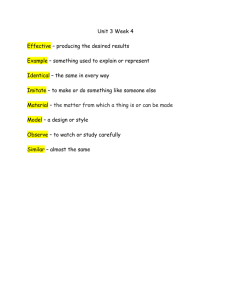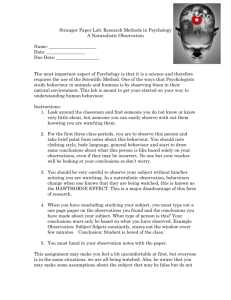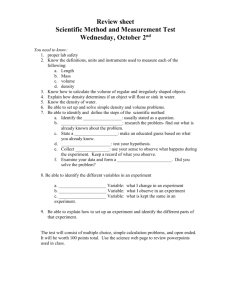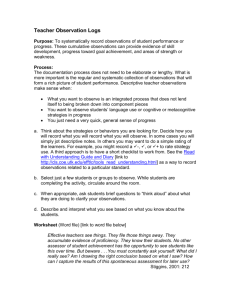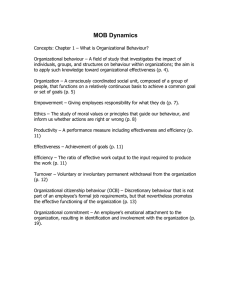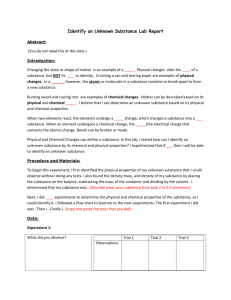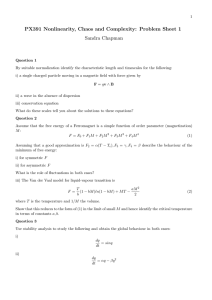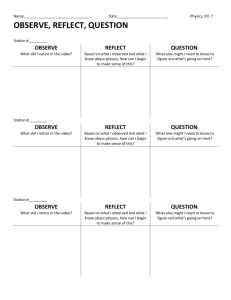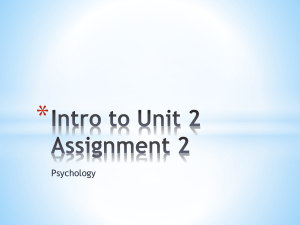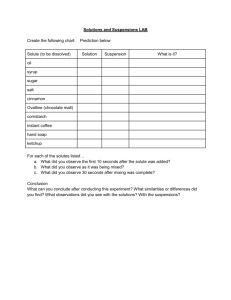Observation
advertisement
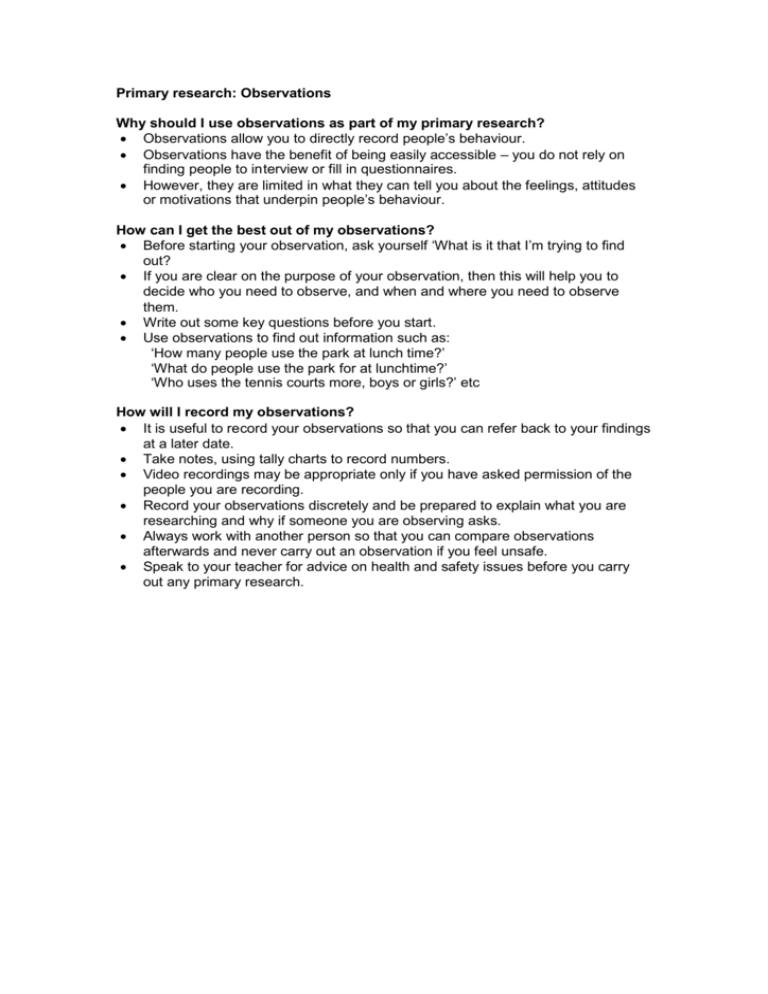
Primary research: Observations Why should I use observations as part of my primary research? Observations allow you to directly record people’s behaviour. Observations have the benefit of being easily accessible – you do not rely on finding people to interview or fill in questionnaires. However, they are limited in what they can tell you about the feelings, attitudes or motivations that underpin people’s behaviour. How can I get the best out of my observations? Before starting your observation, ask yourself ‘What is it that I’m trying to find out? If you are clear on the purpose of your observation, then this will help you to decide who you need to observe, and when and where you need to observe them. Write out some key questions before you start. Use observations to find out information such as: ‘How many people use the park at lunch time?’ ‘What do people use the park for at lunchtime?’ ‘Who uses the tennis courts more, boys or girls?’ etc How will I record my observations? It is useful to record your observations so that you can refer back to your findings at a later date. Take notes, using tally charts to record numbers. Video recordings may be appropriate only if you have asked permission of the people you are recording. Record your observations discretely and be prepared to explain what you are researching and why if someone you are observing asks. Always work with another person so that you can compare observations afterwards and never carry out an observation if you feel unsafe. Speak to your teacher for advice on health and safety issues before you carry out any primary research.
